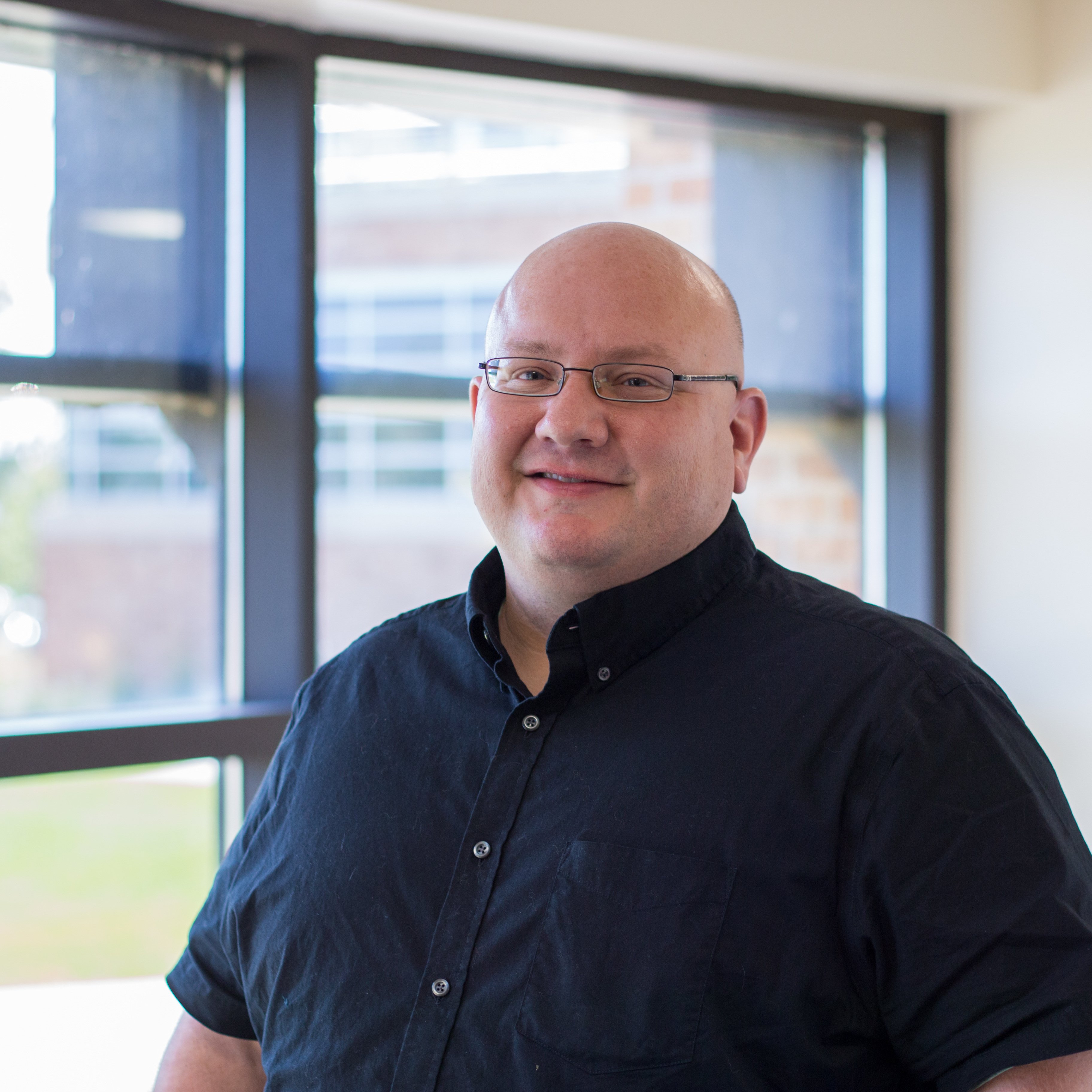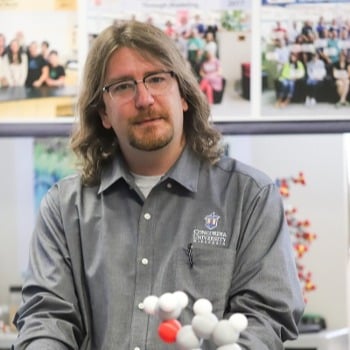MSNPS
Master the science of nature
Your pathway to success in healthcare, nutraceuticals, and medical cannabis industries
About the program
Our Masters in Natural Products Science program focuses on the cutting-edge fields of pharmacognosy, medical cannabis, and nutraceutical development. Designed for ambitious professionals, this program equips you with the knowledge and skills to excel in the rapidly evolving natural products industry.
🌿 In-depth study of pharmacognosy and plant biochemistry
🔬 Advancement in medical cannabis applications
💊 Exploration and development of nutraceuticals and their health benefits
🌐 Flexible online learning to fit your schedule
Find the information you need
Program Highlights
Medical Cannabis Specialization
Investigate the science behind the global cannabis industry and develop an understanding of its history and applications.
Nutraceuticals Specialization
Learn about the discovery and development of natural products used in complementary and integrative health and medicine.
Career-Centric Curriculum
Gain invaluable knowledge directly applicable to the natural products industry and research fields.
16-Month Completion
Accelerate your career with our intensive program designed to be completed in just 16 months.
Research Areas
Exploring natural products
- Natural product discovery
- Computational drug design
- Medicinal chemistry
- Ethnobotany
- Pharmacognosy
- Analytical chemistry
Potential Career opportunities
Medical Cannabis Sciences
Pharmaceutical Industry
Use your skills and focus on the discovery of new medications and research.
Nutraceutical/Natural Products Industry
Develop and improve quality control of dietary supplements and functional food
Healthcare Providers
Specialize in areas like drug discovery or natural medicine research, or develop and manufacture herbal products and ultimately help to improve patient care and treatment options.
Cosmetology Industry
Leverage your knowledge of plant-based ingredients to focus on sustainable and naturally developed products.
| Core Courses (9 credits) | |
|---|---|
| NPS 5000: Pharmacognosy | 3 cr |
| NPS 5010: Plant Biochemistry | 3 cr |
| NPS 5500: Natural Products Seminar I | 1 cr |
| NPS 6500: Natural Products Seminar II | 1 cr |
| NPS 7500: Natural Products Seminar III | 1 cr |
| Concentrations (12 credits) | |
| Medical Cannabis | |
| NPS 6110: Medical Cannabis I – History of Medical Cannabis in the World | 3 cr |
| NPS 6120: Medical Cannabis II – Cannabis Science | 3 cr |
| NPS 6130: Medical Cannabis III – Clinical Efficacy of Cannabis | 3 cr |
| NPS 6140: Medical Cannabis IV – Cannabis in the Interprofessional Setting | 3 cr |
| Nutraceuticals | |
| NPS 6210: Nutraceuticals I – Classification and Scope | 3 cr |
| NPS 6220: Nutraceuticals II – Discovery and Development Processes | 3 cr |
| NPS 6230: Nutraceuticals III – Science of Distribution | 3 cr |
| NPS 6240: Nutraceuticals IV – Business Aspects | 3 cr |
| Electives (9 credits) | |
| NPS 7010: Toxic Natural Products | 3 cr |
| NPS 7030: Natural Products from Microorganisms: Bacteria, Fungi, Algae | 3 cr |
| NPS 7040: Research Design, Methods, and Ethics | 3 cr |
Complete the following steps to apply for the program
- Submit your resume
- Write a one-page essay describing your reason for obtaining a graduate degree in natural products science
- Provide two letters of recommendation addressing your potential for success
- Submit all official college transcripts that led to your bachelor's degree
- Optional: Submit transcripts for any graduate-level classes completed within the last seven years for evaluation
Learn about financial aid options and scholarships
Admission Process
Online application
Submit Documents
Decision
Learn from leading experts in natural products science, computational chemistry, and pharmaceutical research.

Dr. Terry-Elinor Reid
Dr. Reid is a Medicinal Computational Chemist specializing in drug discovery and natural products research. Her research program focuses on the design of selective negative allosteric modulators of HDAC3 as HIV latency-reversing agents. She collaborates on projects investigating the therapeutic potential of natural product extracts in treating lymphomas, supporting reproductive health, and managing Asthma.

Dr. Nancy Stoehr
Dr. Stoehr earned her Pharm.D. from the University of Wisconsin Madison and M.Ed. from Concordia University Wisconsin. She specializes in pharmaceutical dosage forms, extemporaneous pharmaceutical compounding, and pharmacy ethics. As a Fellow of the American College of Apothecaries (ACA), she serves as an Educational Consultant offering ACPE accredited compounding training workshops.

Dr. Michael Pickart
Dr. Pickart is interested understanding genetics underlying treatment responses, particularly for cancer. He also participates in a variety of screens to develop novel natural products, biologics, small molecules, and antisense chemicals using human cell culture and zebrafish studies.

Dr. Joseph McGraw
Dr. McGraw's research focuses on the role of metabolism in human responses to drugs, nutraceuticals, and environmental contaminants. With over 25 years of research experience, he brings extensive expertise in clinical pharmacy and teaching. He is the founder of PersoDX, a precision medicine diagnostics company developing tests for chemical, drug, and nutraceutical metabolism in humans.

CUW Center for Structure-Based Drug Discovery & Development
Dr. Chris Cunningham
Dr. Cunningham's research focuses on natural psychedelics and opioid analgesics. His postdoctoral work included isolation of neoclerodane diterpenes from Salvia divinorum and investigation of structure-activity relationships of natural psychedelics.

Dr. Elizabeth Laubach
Dr. Laubach is a pharmacist and clinical toxicologist with a background in EMS, inpatient pharmacy, Poison Control, and pharmacy leadership. Her practice interests include: management of illicit substance exposures, pre-hospital medicine, and veterinary substance poisonings.

Dr. Uvidelio F. Castillo
Professor with extensive experience in scientific research in the areas of analytical chemistry, natural products chemistry and isolation of bioactive metabolites derived from plants and microbes with anti-microbial and anti-cancer potential. Specializes in fermentation, biotechnology and biochemistry with extensive industry experience.

Dr. Robert Burlage
Dr. Burlage brings over three decades of academic expertise to the program. His extensive experience spans microbiology, biology, and pharmaceutical sciences. He has held professorships at the University of Tennessee, UW-Milwaukee, and currently at Concordia University Wisconsin, contributing significantly to higher education and curriculum development in these institutions.
